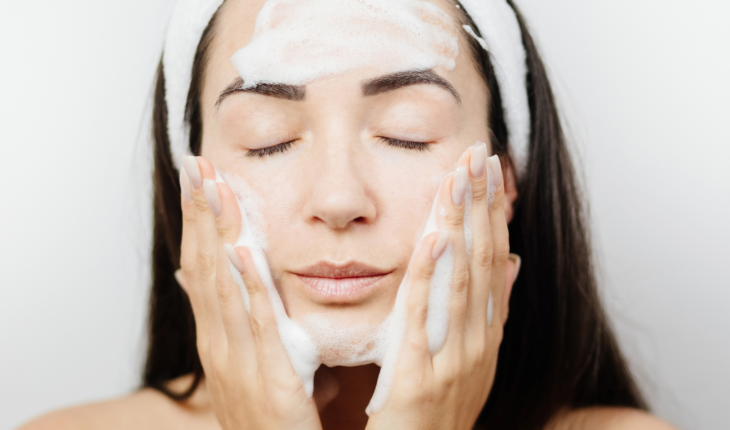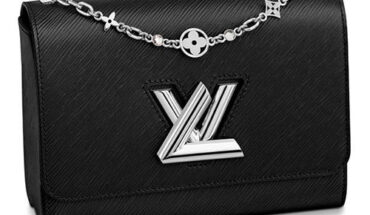Clearer Skin Made Simple: Understanding Acne Medication
Have you tried countless skincare products and home remedies to tackle acne, only to feel like nothing works? You’re not alone, I’ve been doing this since I was 13. Dealing with painful, inflamed spots, persistent redness, or deep blemishes can feel like a never-ending struggle, impacting both your skin and your confidence. If over-the-counter products haven’t been effective, you might need a more targeted approach, such as prescription acne medications. In this guide, I will briefly explore common acne medications, how they work, and what to keep in mind as you begin your journey to clearer, healthier skin. Then I will have a more in depth post centred around what worked for me, coming soon.
Types of Acne Medications
1. Topical Treatments
Topical medications are applied directly to the skin and are usually the first line of defense against acne. Common options include:
- Retinoids: Derived from Vitamin A, retinoids boost cell turnover to prevent clogged pores, effectively targeting blackheads, whiteheads, and mild acne.
- Topical Antibiotics: Creams or gels with active ingredients such as clindamycin, erythromycin, can help reduce inflammation and target acne-causing bacteria.
- Benzoyl Peroxide: Available in varying strengths, this ingredient targets bacteria and reduces inflammation.
- Azelaic Acid: Ideal for sensitive skin, azelaic acid helps unclog pores and improves skin texture.
Topical treatments are often combined for better results. However, they may cause initial dryness or irritation. If this becomes problematic, consult your doctor or dermatologist for guidance.
2. Oral Antibiotics
For moderate to severe acne, your doctor or dermatologist may recommend oral antibiotics to reduce bacteria and inflammation throughout the body. Medications like doxycycline or minocycline are typically prescribed for a few months to minimise bacterial resistance and are often combined with topical treatments for improved effectiveness. Regular follow-ups may be needed to monitor progress and adjust the treatment plan.
3. Hormonal Therapy
Acne in women is often linked to hormonal imbalances caused by factors such as menstruation, polycystic ovary syndrome (PCOS), or elevated androgen levels, like it is for me. When other acne treatments are not effective, hormone-regulating options like oral contraceptives or spironolactone may be recommended in such cases. These treatments help reduce oil production and control breakouts by addressing the underlying hormonal causes. Combined with topical treatments or antibiotics, hormonal therapy can be particularly effective for persistent acne, especially around the jawline and chin. This is what I will go into depth about in another blog post.
4. Isotretinoin
Often prescribed for severe or cystic acne that hasn’t responded to other treatments, isotretinoin is a stronger oral medication that significantly reduces oil production, unclogs pores, and decreases inflammation. While typically highly effective, it may cause side effects such as dry skin, chapped lips, and mood changes, and it requires regular monitoring by a healthcare professional.
What Influences the Choice of Acne Medication
During your consultation, your doctor will assess your concerns, medical history, and lifestyle to determine the most suitable acne medication, based on factors such as:
- Severity of Acne: Mild acne may be treated with topical treatments, while more severe cases often require oral medications.
- Skin Type: Whether your skin is sensitive, dry, or oily will influence the choice of medication to minimise side effects.
- Underlying Causes: Hormonal imbalances, bacterial growth, or excessive oil production guide the choice of treatment, such as hormonal therapy or isotretinoin.
What to Expect When Starting Acne Medication
Acne medications often require patience, as visible results may take weeks or even months. Consistency in following your regimen and adhering to your doctor’s advice is essential for long-term success. Some individuals may experience initial breakouts, known as “purging,” as the skin adjusts to the treatment. Additionally, temporary side effects from medications may include:
- Dryness or peeling skin
- Increased sun sensitivity
- Redness or mild irritation
These side effects are usually manageable with proper skincare and sun protection. However, allergic reactions such as severe redness, swelling, itching, hives, or difficulty breathing may occur in rare cases. If you experience any of these symptoms, stop using the medication immediately and seek urgent medical attention. I’ve never had this happen to me, but it’s something that has to be mentioned.
Tips to Support Your Treatment
- Follow Instructions: Use medications exactly as prescribed to avoid under- or over-application.
- Maintain a Skincare Routine: Gentle cleansing, moisturising, and sun protection can complement your acne treatment.
- Avoid Picking or Popping Pimples: This can worsen acne and increase the risk of scarring.
When Might You Need Medication for Acne
Sometimes, acne goes beyond what regular skincare products can manage. When breakouts become severe, painful, or resistant to over-the-counter treatments, medication may be necessary to address underlying causes such as hormonal imbalances, bacterial growth, or excessive oil production. Prescription medications not only treat current blemishes but also help prevent future breakouts and minimise the risk of long-term scarring. In some cases, additional therapies like microneedling or RF (radiofrequency) skin tightening may be recommended to improve skin texture, reduce scarring, and enhance overall skin health.
Clearer Skin Starts with the Right Treatment
Acne can be a challenging condition, but understanding your treatment options is the first step toward effective management. From topical solutions to oral medications, each approach addresses specific causes of acne to help you take control of your skin. While the process requires patience and consistency, the results are worth the boost in confidence and the feeling of being comfortable in your own skin.
If you’re struggling with acne or unsure whether you may need medication, consult a doctor or dermatologist who can assess your condition and recommend the most suitable approach. With the right care and commitment, achieving healthier, clearer skin is well within reach! I have struggled with acne for over 20 years now, it’s been one really long journey, but I finally know what’s going on.
Discover more from FORD LA FEMME
Subscribe to get the latest posts sent to your email.





